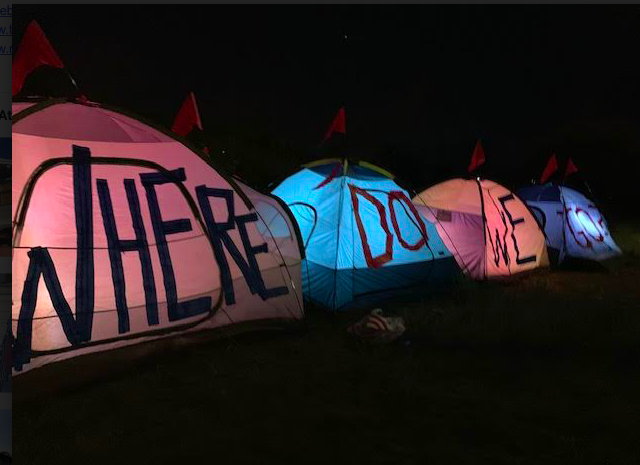The latest study of unhoused Californians made headlines, even though its findings are already considered common knowledge among people engaged with the issue. However, what was unusual about the research team investigating homelessness in California is that they are formerly or currently unhoused residents of the Golden State—and similar groups are emerging around the state.
Call them lived experience boards, lived expertise boards or community advisory boards—such bodies with formerly and presently unhoused folk are becoming commonplace in nonprofit organizations and municipal agencies, often advising them on homelessness spending and policy matters. In the case of lived expertise board members at the UCSF Benioff Homelessness and Housing Initiative, they also engage in social research.

Destination: Home in San Jose and the Los Angeles Homeless Services Authority are other examples of organizations that consult lived experience board members on a variety of projects.
For the California Statewide Study of People Experiencing Homelessness, Benioff Initiative board members prepared for two years before collecting data from 3,198 questionnaires and 365 in-depth interviews. Afterwards, lead researchers analyzed the data.
With funding from the Benioff Initiative and other foundations, the board provided input on survey questions and planned outreach to homeless constituents.
Board co-chair Claudine Sipili applauded the study for digging deeper than the point-in-time homeless counts that most US cities and counties conduct to receive federal funding. But while mostly government employees and nonprofit volunteers perform point-in-time counts on a single night, researchers on this project spent over a year gathering information.
“This is so detailed because it focuses so much on the human aspect of homelessness,” she said. “Then tying that back to system factors and the failures in systems that cause people to fall into homelessness in the first place.”
Sipili added that the significance of the initiative’s study lies in a conscious effort to recruit and include people with experience of being unhoused. She was also validated by a key finding of the study: 90 pecent of participants were housed in California before entering homelessness, with 75 percent becoming homeless in the same county where they were housed.
Help us save local journalism!
Every tax-deductible donation helps us grow to cover the issues that mean the most to our community. Become a 48 Hills Hero and support the only daily progressive news source in the Bay Area.
“It helps annihilate one of the biggest misconceptions about homelessness in our state,” she said. “A majority of the people that were experiencing homelessness were already residents in California before they became homeless, which means people from Ohio or some podunk town in Idaho are not moving to be homeless in our state.”
California isn’t alone in seeking direct information from those who have been displaced. The National Health Care for the Homeless Council has engaged with over 40 similar boards in 20 states outside of California.
Researchers at UCLA and the University of Southern California say the input from formerly unhoused people was a boon in studying permanent supportive housing—part of a growing trend of participatory action research involving both academics and community organizers.
UCSF board member Robynne Rose-Haymer, who acted as a facilitator among researchers and subjects, said that researchers were trained to affirm the experiences of respondents and to watch for signs of trauma, as well as provide snacks, water, and other immediate needs.
“We did extensive training with our interview team, not just in being trauma-informed, but in being empathetic listeners and approaching everyone with dignity,” she said, adding that the researchers should also practice self-care.
“They go hard for the people that they serve,” Rose-Haymer said. “They will pour until their cup is empty, helping each and every one of us to be mindful and attentive to our own well-being and make sure that we’re making our doctor’s appointments, eating or drinking enough water, all of the things that we’re distributing to the community are still equally as important for us to be attentive to about ourselves.”
Increased financial assistance—such as rental subsidies or one-time lump sum payments— would help homeless people obtain housing, a majority of study participants told researchers.
TJ Johnston is an editor at the Street Sheet, which is also running this story.




